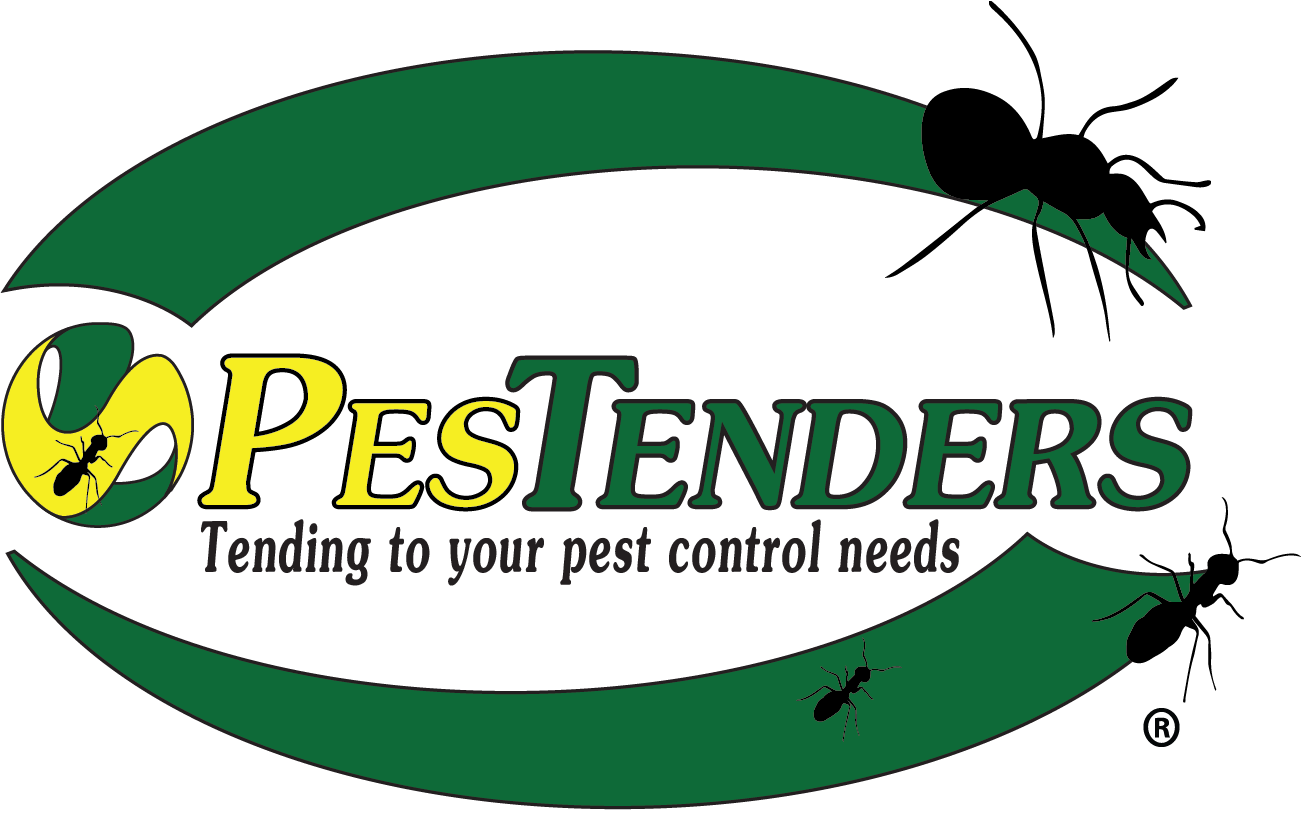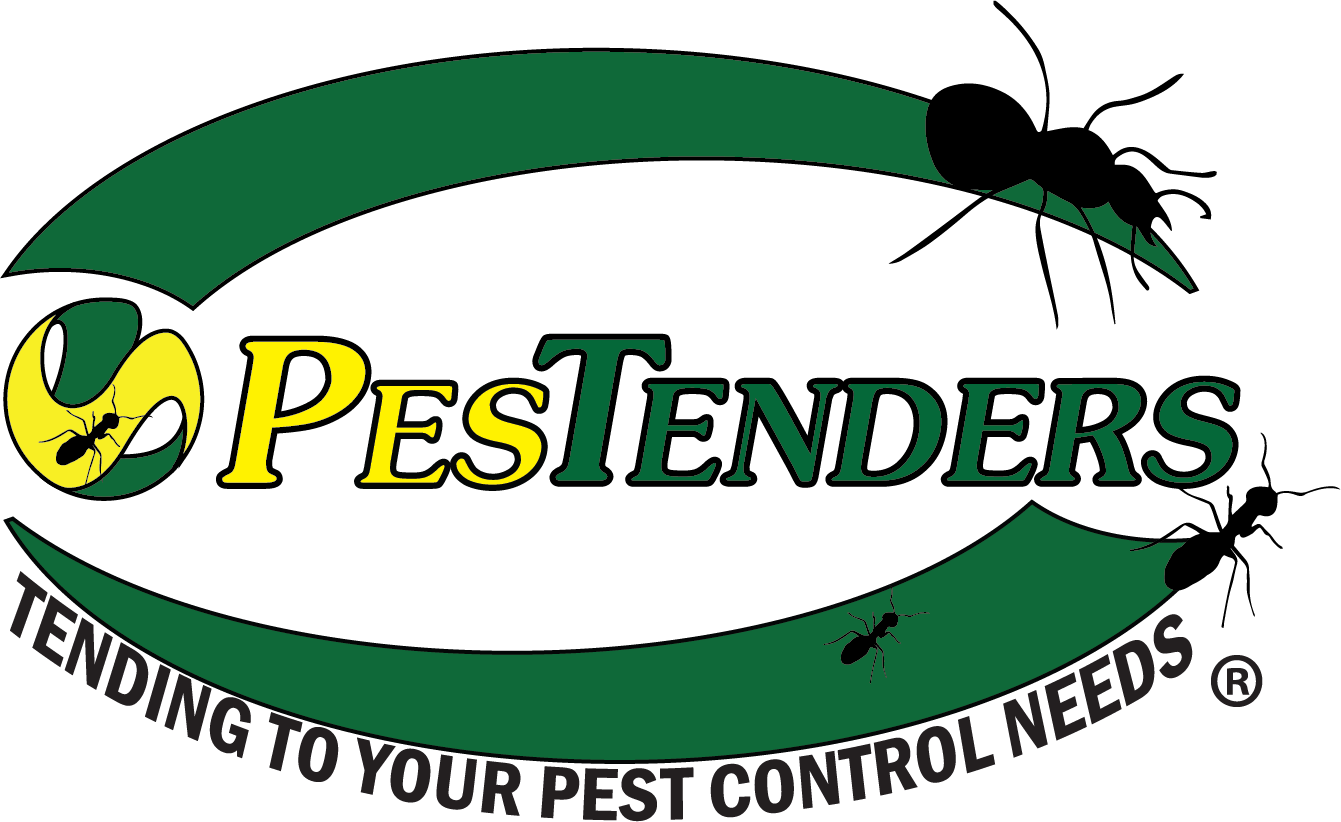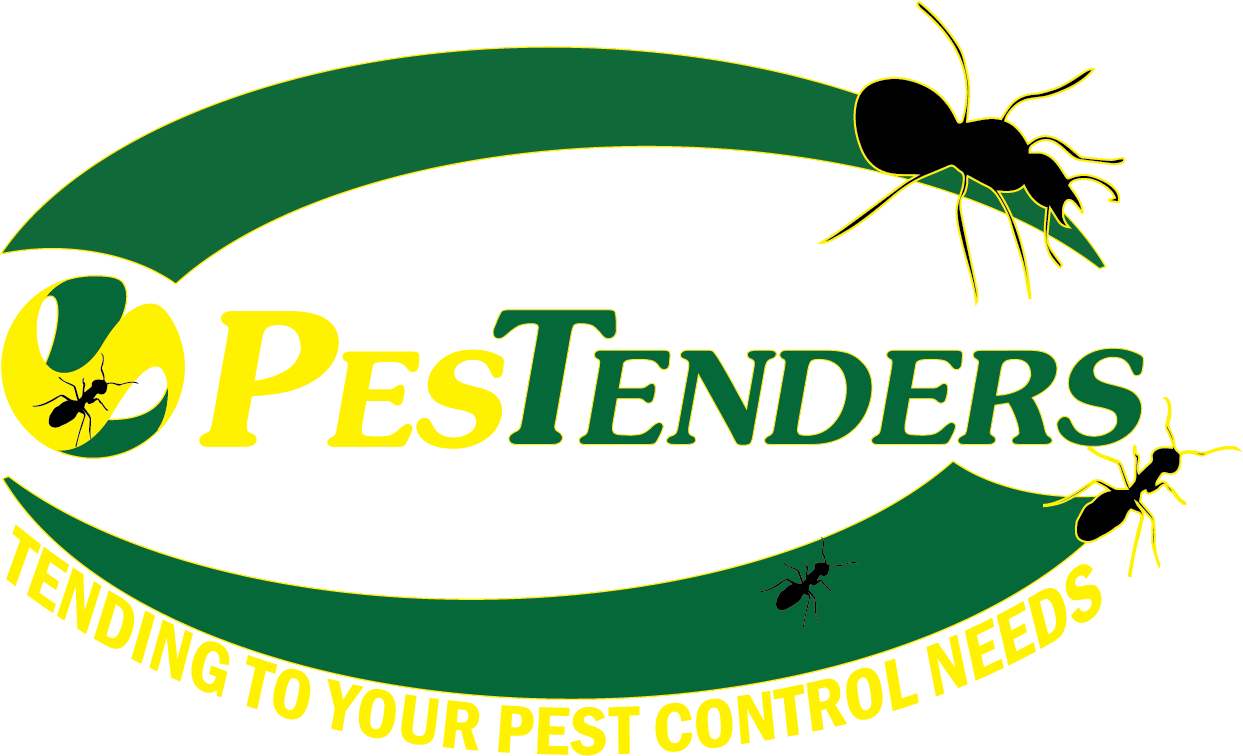Ant Control
One of the most common service call requests that we receive from both Resident and Business owners is for ant issues. There are more than 10,056 species thankfully not all are found here in South Florida. Only about (25) species commonly infest homes and businesses.
Ants live in underground colonies, made up of workers and a queen. Ants will eat practically any kind of food, but are especially attracted to sweets. The identification of ants is fairly simple: They vary in overall appearance, small, large, black and brown are common species however the most popular ants to our South Florida climate are:
If you do find signs of any species of ants in your home or business,
We will promptly inspect to identify the type of species and recommend a course of treatment.
So WHAT are ants good for?
Well, just like most insects; ants are useful and they do actually play an important role in contributing and maintaining our environment. Since ants are known predators; they eat the eggs of many insects and serve as food for birds and lizards and are also known to prey on a variety of pests including some larger types like earwigs, spiders and small rodents; this is accomplished by large organized numbers of worker ants. Their tunnels aerate the soil and allow water and nutrients to flow directly to the plant roots. They also distribute seeds by storing them in their tunnels. Some ants improve soil chemistry; when they excrete waste and leave food scraps behind, all of which changes the soil’s chemistry; usually for the better. The soil impacted by ant activity is ordinarily closer to a neutral pH and richer in nitrogen and phosphorus.
Other ants like the mean ole’ fire ants help maintain our environment as well and are particularly good at pest control in the fields of cotton and sugarcane. The growers, when asked will tell you the nature of the ant being predatory eats weevils, caterpillars, and other pests of cotton and are very welcome and appreciated for feasting on these pests. In sugarcane fields, they feed on the sugarcane borer, which reduces the need for insecticides usually applied for these pests thus helping our environment.


